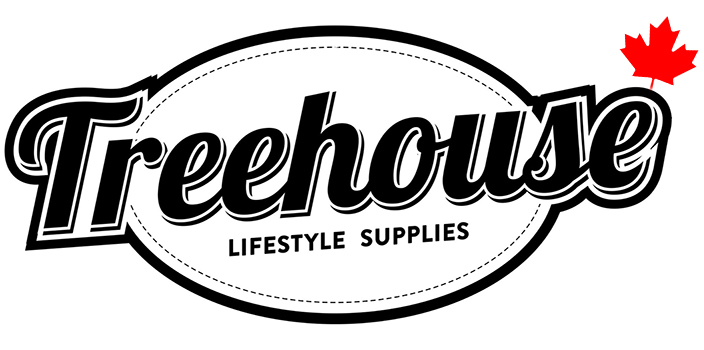Saskatchewan to have additional tax on marijuana production
Once recreational cannabis is legalized in Canada, all of it will be subject to established federal taxes and sales tax. In provinces like Saskatchewan with a lower provincial sales tax, an excise duty will be charged at the producer level.
An excise duty is a type of tax levied against the production of a good, in this case, cannabis. This duty will be 6.45 per cent against the wholesale price.
A Saskatchewan Ministry of Finance official told Global News this is being done to balance out the tax rate across all provinces and territories. The goal is to have a similar price for cannabis across all Canadian jurisdictions.
“This is essentially the same idea as equalization. You’re tying it to what’s happening in the province in capacity and saying here’s the top up,” University of Regina associate economics professor Jason Childs said.
“What it does, is it allows the province to generate some extra revenue without having to raise the headline tax rate.”
This provincial duty will be added alongside another federal excise duty. This is $1 per gram or 10 per cent of the price, whichever is producer price is higher. Twenty-five per cent of this tax will go to the federal government, and the remainder goes to the province.
After the wholesale product is purchased by a retailer, they will apply their own markup for the cost of doing business and the sales tax will be applied to the final sale at the counter; six per cent PST and five per cent GST.
This is outlined in the Coordinated Cannabis Taxation Agreement (CCTA). Saskatchewan’s portion was published through a May 9 order in council.
The CCTA also dictates that Saskatchewan will receive a proportional share of federal revenue generated over the cap of $100 million form the federal excise duty.
These excise duties will remain unchanged for at least the first two years of legalization, or when the market is deemed stable. The excise duties may be adjusted if the tax is too high to compete with the black market, or there is mutual agreement to adjust earlier.
In a statement, Finance Minister Donna Harpauer said further taxation outside what is in the CCTA has not been contemplated. There is no forecast revenue for Saskatchewan marijuana revenue at this time.
With snuffing out the black market being among the main goals of legalization, Childs said that governments should not be looking at this as a taxable cash cow.
“There’s not a lot of room for some sort of gamesmanship for stacking different taxes in a very different way to generate lots of extra revenue, because if the price point gets away from the black market price you’re going to lose your clients,” he said.
The federally estimated price of marijuana on the black market is $8-$10 per gram. The province has previously said they want to be competitive with that value but anticipate customers will be willing to pay a slight premium for legal marijuana.
Childs estimated that premium could likely go as high as $1.50 extra. He believes charging $3-$4 above street value may drive people back to the black market.
Unless otherwise agreed to, the province must pass the provisions in the CCTA through legislation prior to the legalization of cannabis.
(via globalnews.ca)










